The Joy of Childhood: Capturing Kids’ Funniest Sayings

Table of Contents
- The Magic of Childhood Humor
- The Essence of Children’s Humor
- The Role of Language Development
- Funniest Sayings from Kids
- Why We Capture These Moments
- Psychological Insights Behind the Fun
- The Importance of Humor in Childhood Development
- Socialization Through Laughter
- Building Resilience
- How to Encourage Humor in Kids
- Creating a Supportive Environment
- The Role of Parents and Caregivers
- The Lasting Impact of Childhood Humor
- Collecting and Sharing Funny Sayings
- Building a Legacy
- Conclusion
- External Links
Childhood is often described as a magical time, filled with wonder, innocence, and, above all, laughter. One of the most endearing aspects of childhood is the unfiltered honesty of children, which frequently leads to some of the funniest and most poignant sayings. These moments not only provide joy to parents and caregivers but also offer valuable insights into a child’s developing mind. In this article, we’ll explore the joy of childhood through its funniest sayings, the psychological and developmental implications of these moments, and how they contribute to family bonds.
The Magic of Childhood Humor
The Essence of Children’s Humor
Children possess a unique perspective on the world around them, leading to a style of humor that is both refreshing and bewildering. Their cognitive development stages play a crucial role in how they perceive situations and express themselves. According to a study from the American Psychological Association (APA), a child’s humor evolves dramatically during the early years, beginning with simple physical comedy and eventually leading to more complex jokes and wordplay.
The Role of Language Development
As children grow, their vocabulary and understanding of language expand. This linguistic growth allows for amusing twists of phrases, incorrect pronunciations, and playful misinterpretations of adult language. For instance, a child might say, "I don’t want to eat that. It looks like a monster!" even if it’s just broccoli. Such expressions not only make us laugh but also reflect their imaginative minds.
Funniest Sayings from Kids
Here are some examples illustrating the humorous sayings that children often share:
-
Misunderstood Concepts: A child once told her mother, "I wish I could disappear and come back as a unicorn!" highlighting their affinity for fantasy.
- Literal Interpretations: A boy, upon seeing a ‘Do Not Disturb’ sign, said, "Why would someone want to sleep in a dirt?" This showcases their literal interpretation of phrases.
Why We Capture These Moments
Capturing and sharing these moments serves multiple purposes:
-
Strengthening Family Bonds: Laughter fosters a sense of togetherness. When families share these funny moments, it creates lasting memories.
-
Documenting Growth: Parents often find themselves reminiscing about these sayings, creating a treasure trove of family history. Each saying marked can serve as a monument to that particular stage of a child’s development.
- Encouraging Creativity: By providing an open environment where children feel free to express themselves, parents can encourage creativity and imagination.
Psychological Insights Behind the Fun
The Importance of Humor in Childhood Development
Humor plays a crucial role in social and emotional development. According to the Child Development Journal, children who engage in humorous play exhibit improved problem-solving skills and social knowledge.
Socialization Through Laughter
When kids laugh together, they learn to share experiences, build friendships, and cultivate empathy. Sharing funny sayings becomes a medium through which children can develop social ties and navigate complex social settings.
Building Resilience
Humor can serve as a coping mechanism. Kids often use humor to deal with stress or discomfort. For example, a child might joke about their fear of the dark, turning a source of anxiety into a moment of levity.
How to Encourage Humor in Kids
Creating a Supportive Environment
Encouraging humor in children requires an understanding of their needs and emotions. Here are several ways to foster a fun atmosphere:
-
Listen Attentively: Pay close attention to what children have to say. This not only validates their thoughts but also encourages them to express themselves more freely.
-
Share Jokes: Introducing age-appropriate jokes can stimulate their understanding of humor and give them a platform to experiment with funny sayings.
- Celebrate Quirky Sayings: Make it a tradition to write down or record funny sayings. This could even become a family activity, enriching family interactions.
The Role of Parents and Caregivers
Parents’ reactions to their child’s humorous sayings greatly influence the child’s development of humor. When adults laugh and appreciate a child’s creativity, it builds their confidence and imagination.
The Lasting Impact of Childhood Humor
Collecting and Sharing Funny Sayings
There’s a growing trend of parents documenting their children’s funny sayings through social media or personal blogs. By doing so, they not only preserve these memories but also connect with other parents, creating communities around shared experiences.
Building a Legacy
Families can compile these sayings into a fun family book or scrapbook. Many professional companies specialize in turning these sayings into illustrated books, making treasured mementos that can be shared with future generations.
Conclusion
The joy of childhood, encapsulated in the funniest sayings of kids, offers a glimpse into their extraordinary minds and the worlds they create. By capturing these moments, we do more than just chuckle; we strengthen family bonds, promote emotional and social development, and create stories that last a lifetime.
Creating an environment where humor thrives can significantly influence a child’s development and well-being. Through laughter, children learn about resilience, empathy, and the joy of sharing experiences—all elements that contribute to their overall growth.
For more articles on fostering creativity and humor in children, check out our full guide on child development at Serached.
External Links
By committing to celebrate the quirky, hilarious thoughts of children, parents and caregivers can enjoy the many facets of childhood, allowing laughter to illuminate the family journey. Let us cherish these moments, for they are truly the golden treasures of parenthood.
Latest Posts
You Might Also Like

Lorem ipsum dolor sit amet, consectetur adipiscing elit. Ut elit tellus, luctus nec ullamcorper mattis, pulvinar dapibus leo.
TOP NEWS
Copyright © 2025 FunnyShowStreaming.site | All rights reserved.
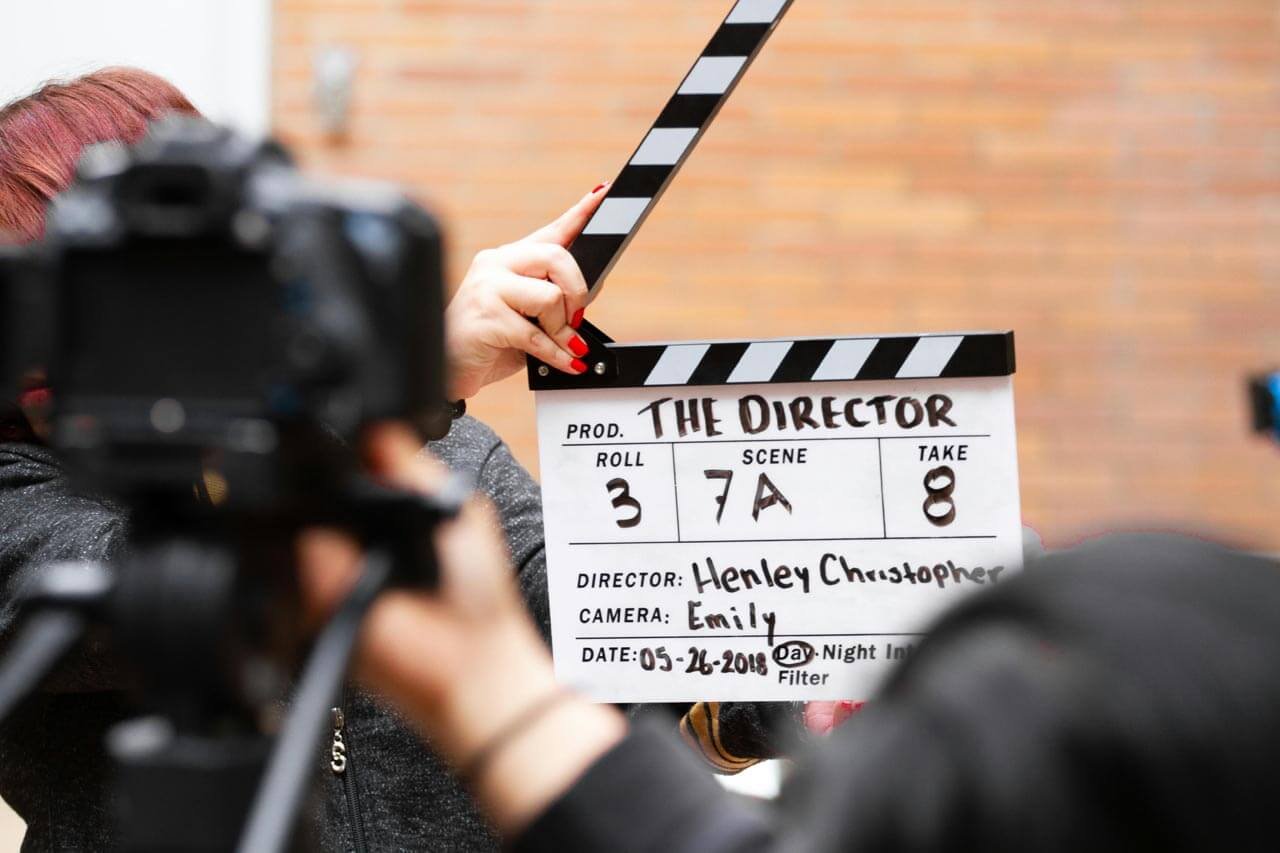


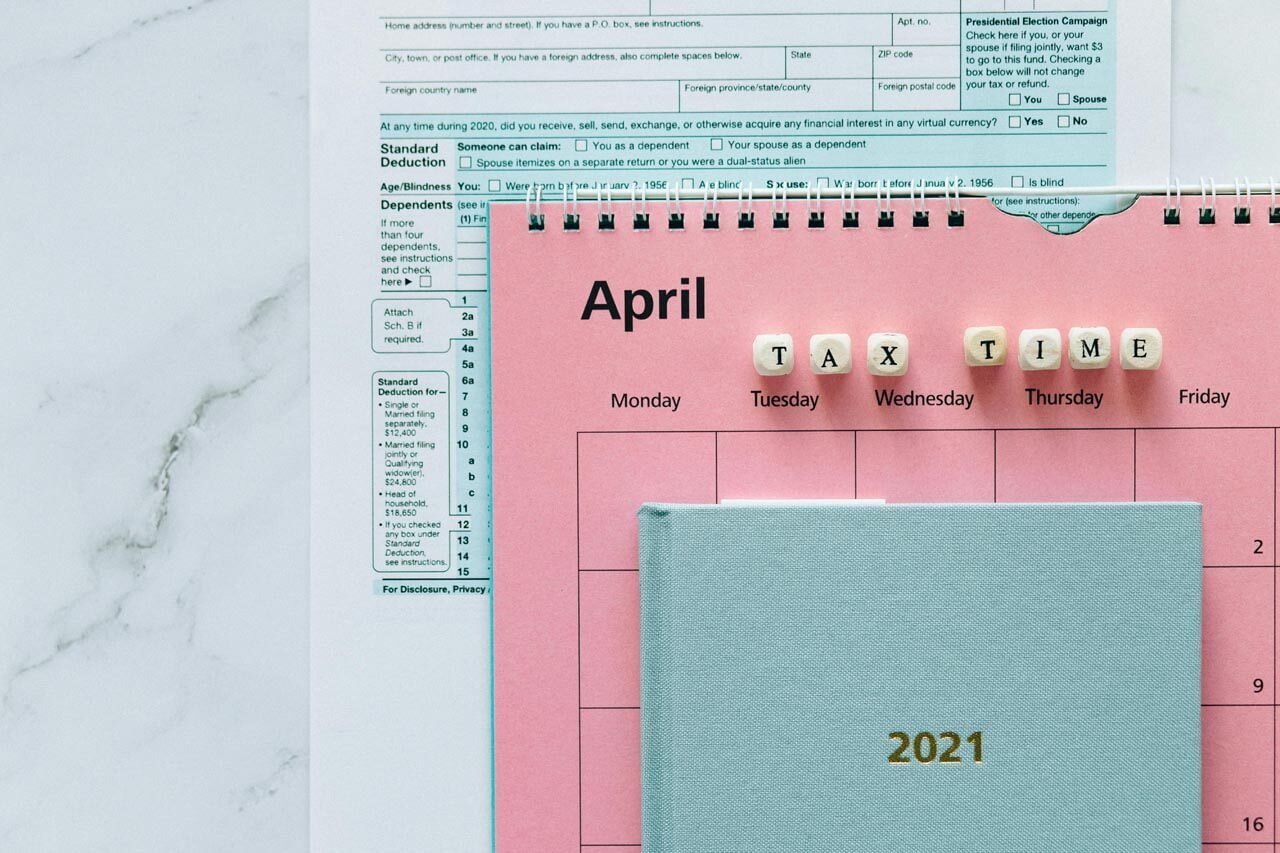

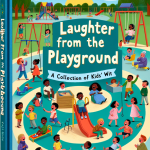
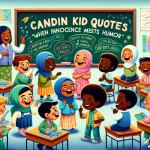
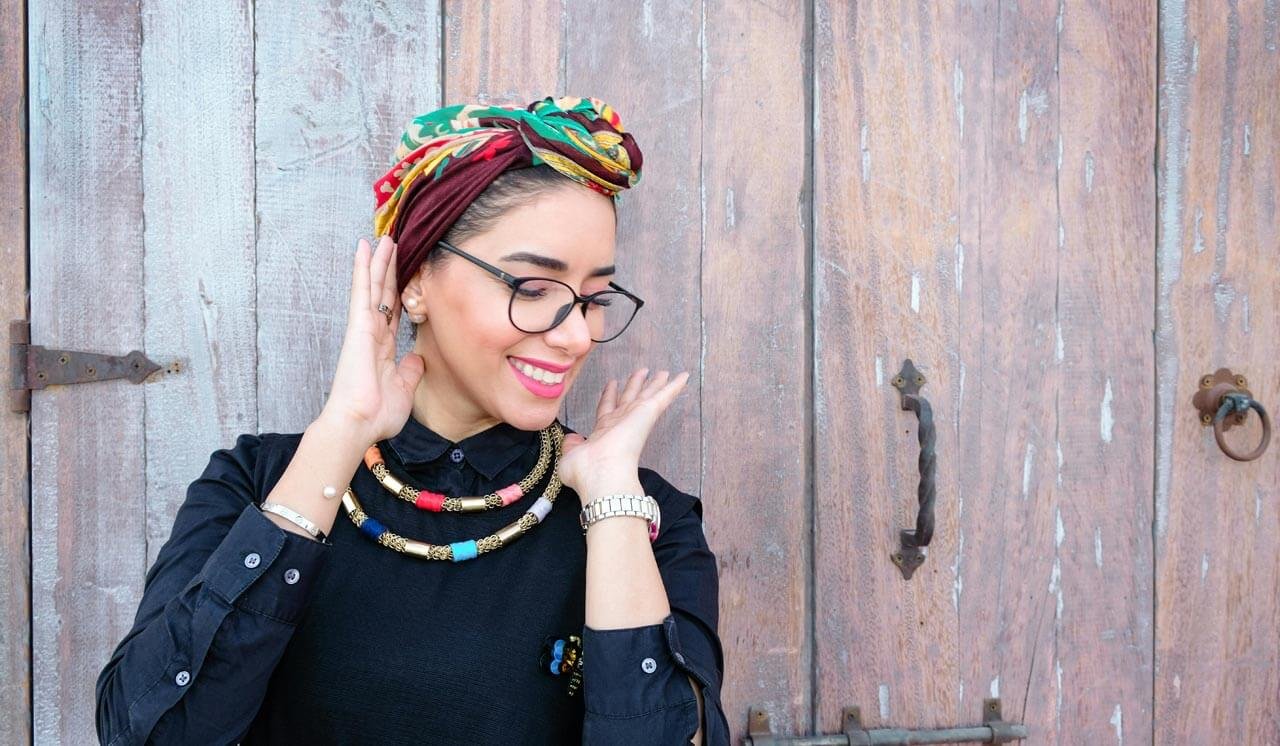




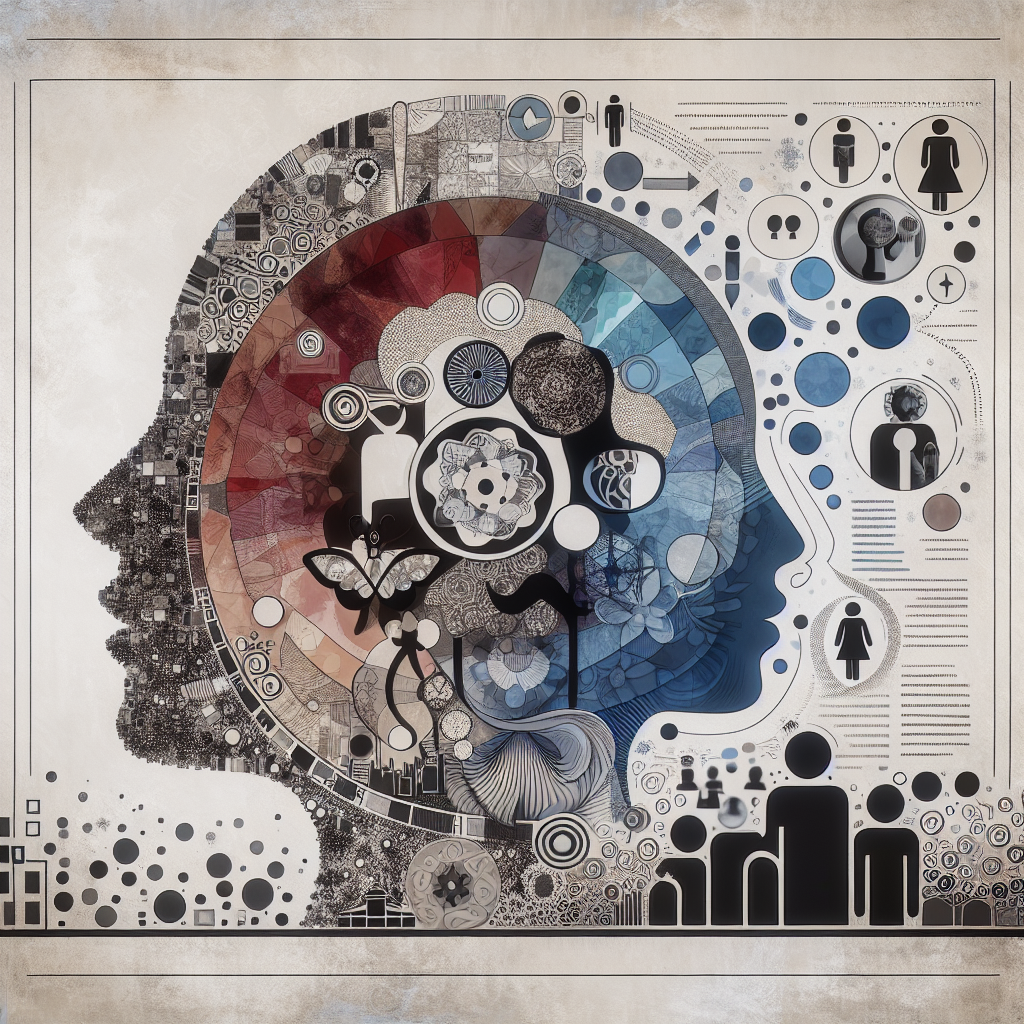


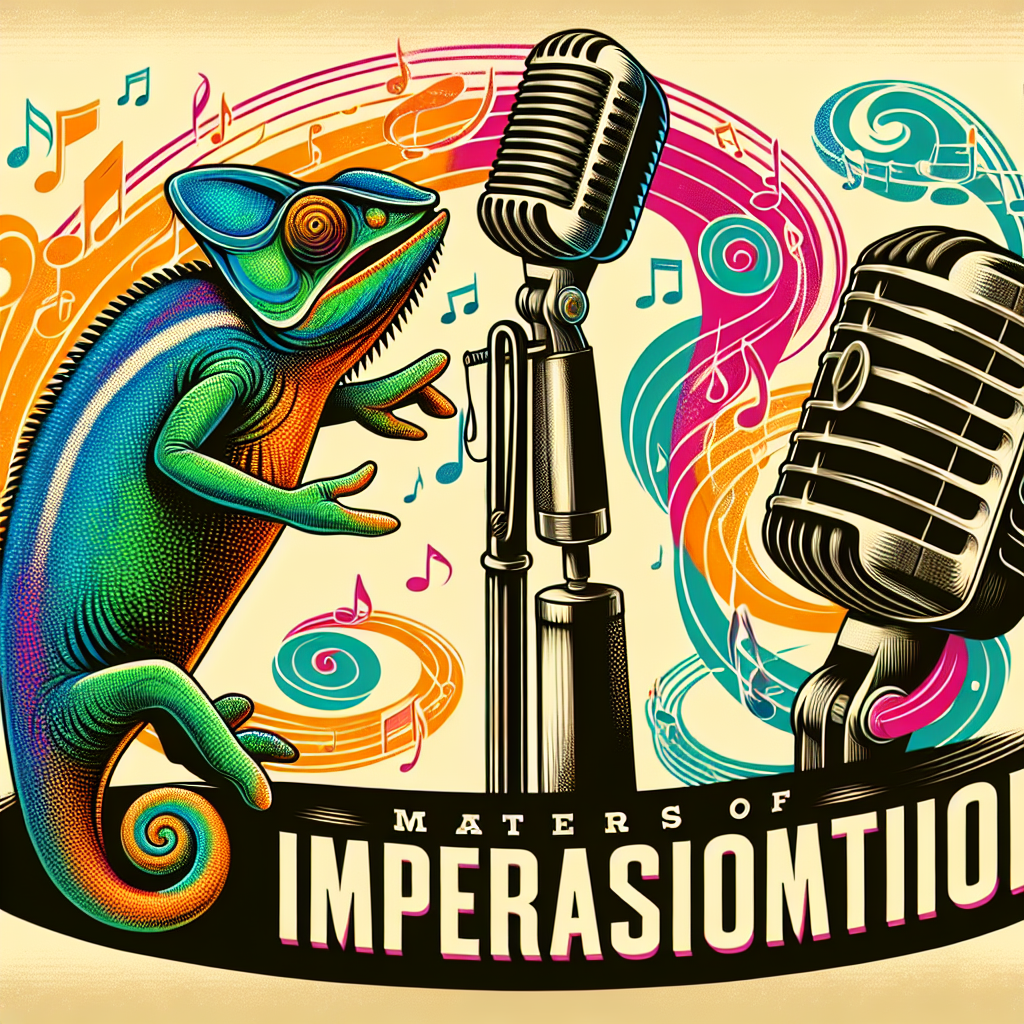



Comments are off for this post.